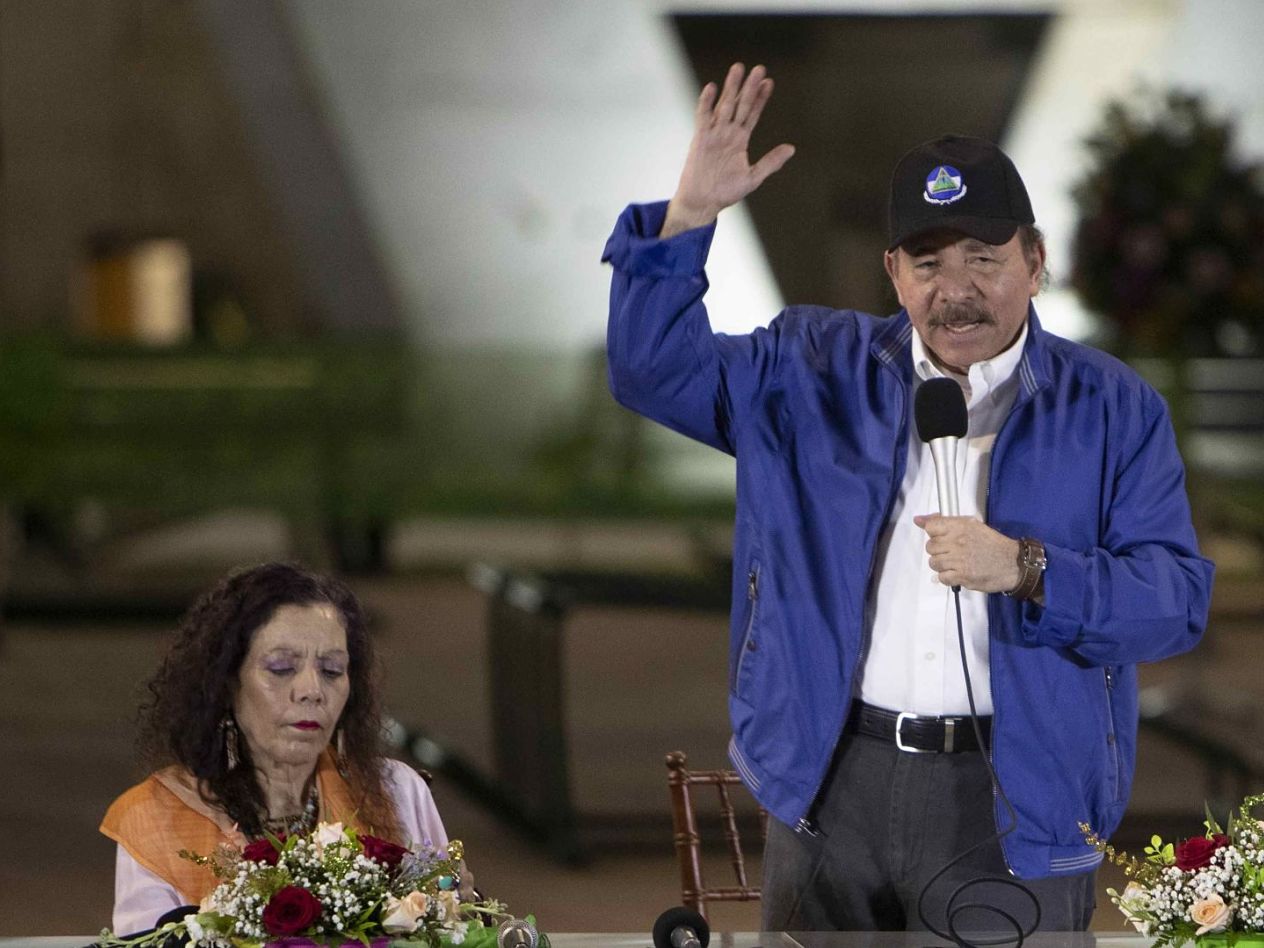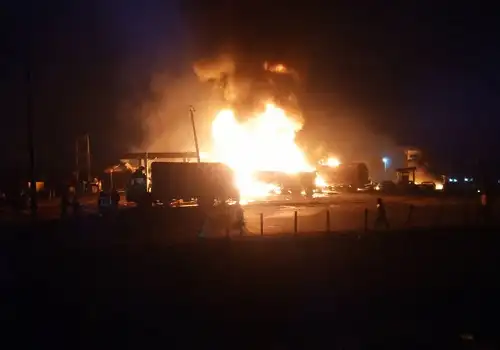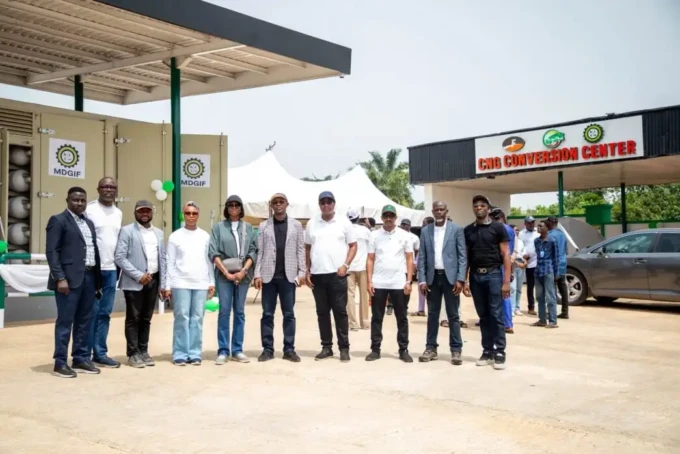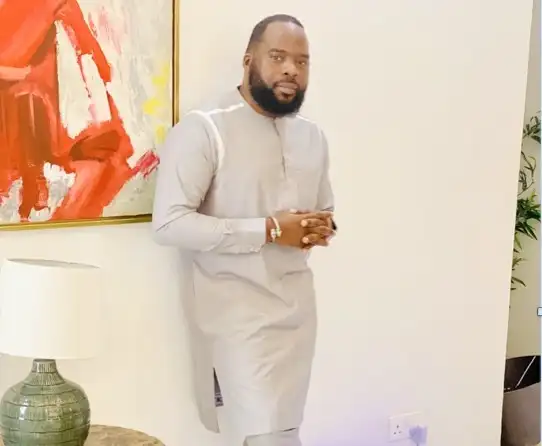During the 46th anniversary of the Sandinista Revolution, Nicaraguan President Daniel Ortega delivered a contentious speech in Managua, urging citizens to intensify “revolutionary vigilance” in their neighborhoods. He called for the identification and prosecution of “traitors,” a term he used to describe government opponents. Ortega’s remarks were accompanied by praise for China and Russia, while he criticized Europe and advocated for the dissolution of the United Nations. The event was notably absent of representatives from traditional allies like Cuba and Venezuela, highlighting the regime’s increasing isolation.
The United Nations has expressed deep concern over Nicaragua’s escalating human rights violations. A recent UN report documents systemic abuses that may constitute crimes against humanity, attributing them to Ortega and his wife, Vice President Rosario Murillo. The report highlights constitutional reforms that have centralized presidential authority, potentially paving the way for Ortega’s children to assume political power. These changes have eliminated remaining checks and balances, reinforcing Ortega’s control and suppressing dissent, as evidenced by the brutal response to the 2018 anti-government protests.
In response to the regime’s tightening grip, exiled opposition leader Félix Maradiaga warns that prospects for restoring democracy in Nicaragua are increasingly bleak. Speaking from exile in Florida, Maradiaga, previously imprisoned and stripped of his citizenship by Ortega’s government, emphasized the need for international support, targeted sanctions, and human rights advocacy to sustain the opposition’s efforts. Despite the risks to his family still in Nicaragua, Maradiaga remains active in organizing the diaspora and supporting youth-led political movements.
The Ortega-Murillo government has also institutionalized paramilitary groups, known as “police volunteers,” to bolster its control. In early 2025, they swore in 76,800 individuals as “volunteer police” in mass ceremonies. This move, reinforced by constitutional reforms, is seen as a strategy of control and repression that intimidates the population. The new “volunteer police” complement the existing 28,400 official police officers, directly assigning paramilitary power to Murillo and symbolizing the totalitarian nature of the Nicaraguan government.
In a related development, Roberto Samcam, a 67-year-old retired Nicaraguan military officer and prominent critic of President Ortega, was fatally shot at his home in Costa Rica on June 19, 2025. Samcam had been living in exile since 2018 after paramilitary forces attacked his home in Nicaragua during a government crackdown on dissent. His assassination has raised concerns about extraterritorial repression by the Nicaraguan government and sent shockwaves through the large Nicaraguan exile community in Costa Rica.
These developments underscore the deepening repression and consolidation of power by Ortega and Murillo, raising significant concerns about the future of democracy and human rights in Nicaragua.












Shouldnt the focus be on unity and progress rather than turning neighbors against each other? Just a thought.
Is it revolutionary vigilance or authoritarian control? Lets discuss the fine line in this article. Thoughts? #Nicaragua #SandinistaRevolution
Is it necessary to intensify vigilance to celebrate a revolution? Shouldnt unity be the focus instead of hunting down traitors?
I find it concerning how Ortega is using celebrations as a cover for crackdowns. Wheres the true spirit of revolution?
This is a concerning trend. Is increased surveillance necessary for a peaceful celebration, or does it infringe on civil liberties?
Should a government use revolutionary vigilance to capture traitors or is it a violation of human rights? Thoughts?
Do you think Ortegas actions are justified or an abuse of power? Lets discuss! #Nicaragua #SandinistaRevolution #OpinionTime
Isnt this kind of surveillance during celebrations a bit extreme? Wheres the line between patriotism and invasion of privacy?
Is it really necessary to intensify surveillance and prosecute traitors during a celebration? Seems a bit extreme, dont you think?